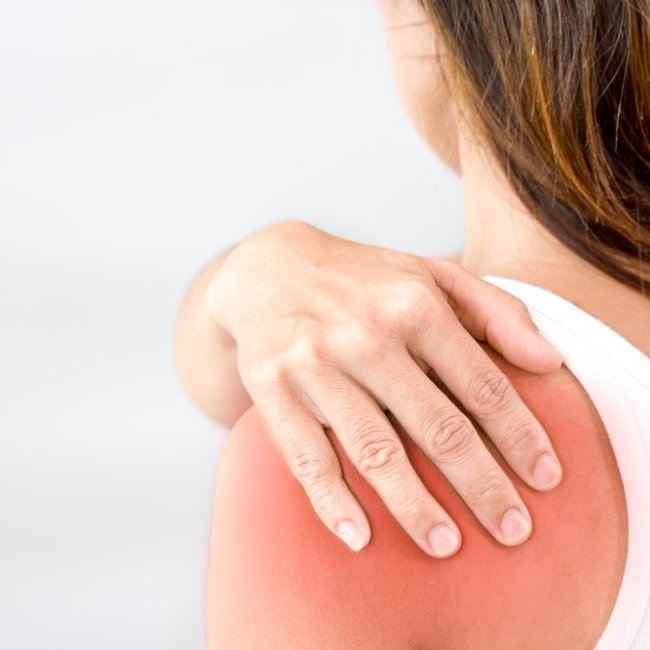


Physicians
Orthopedic Surgery
Shoulder & Knee
Sports Medicine
 Healthgrades
Healthgrades
Orthopedic Surgery
Shoulder & Knee
Sports Medicine
 Healthgrades
Healthgrades
Orthopedic Surgery
Shoulder & Knee
Sports Medicine
 Healthgrades
Healthgrades
Orthopedic Surgery
Shoulder & Knee
Sports Medicine
 Healthgrades
Healthgrades
Orthopedic Surgery
Shoulder & Knee
Sports Medicine
 Healthgrades
Healthgrades
Body parts
Shoulder impingement results when the tendons (strong tissue that attaches muscle to bone) in the shoulder’s rotator cuff become irritated and inflamed from contact with the bones of the shoulder. The rotator cuff, a group of muscles and tendons, keeps the top of your upper arm bone in the shoulder socket.
Two common shoulder impingement problems include:
Bursitis—when the fluid-filled sacs that cushion the shoulder joint become inflamed and irritated.
Tendonitis—when the tendons in your rotator cuff become inflamed and irritated.
Shoulder impingement, including bursitis and tendonitis, can result from a major injury to the shoulder. But it’s often caused by repetitive wear and tear, such as throwing a ball in sports, gardening or swinging a tennis racquet or golf club.
You’re at risk for shoulder impingement if you often engage in these activities or others in which you lift your arm over your head, such as house painting. You’re also at increased risk for shoulder impingement if your occupation requires lifting heavy materials, such as construction.
As with all joint conditions, age can also be a factor. The risk of bursitis and tendonitis is more common after 40.
Don’t wait to get relief. It’s important to get treatment right away for shoulder impingement symptoms. Otherwise, your shoulder can continue to degenerate, becoming weaker or stiffer.
Your shoulder doctor will start with a physical exam that involves rotating your arm into a number of positions and testing your shoulder strength.
The usual -- rest, ice, physical therapy and anti-inflammatory medication -- can help restore your strength and flexibility. A corticosteroid injection to the subacromial space delivers powerful anti-inflammatory medication directly to the site of pain and inflammation, and can help relieve the pain. At OINJ, we can also perform surgery for rotator cuff issues, if nonoperative treatment fails.